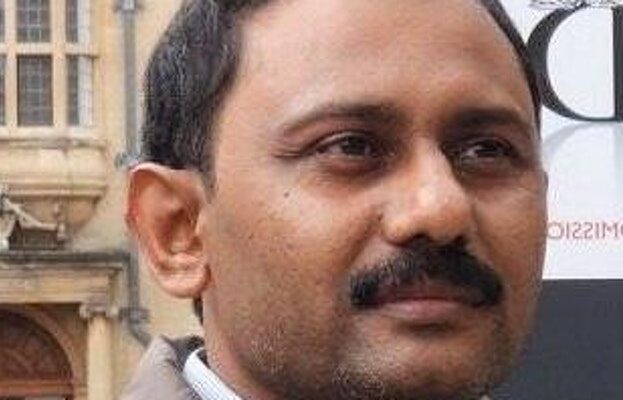
Borrowing Jacques Derrida’s (1985) idea of “otobiography” as hetero-affection, directed towards the “ear of the Other”, actualizing the self or its auto-affection through the reading of the Other, this project looks at translation as the reading of the Other, an act of linguistic alliance, a creative political labour to enthrone the Ur-text across cultural borders – a text that remains globally unread most of the times because of its vernacular or non-English anchorage. Translation, to quote Emily Apter (2021), becomes, therefore a “reparative” act, or an act of “justice”.
This translation project looks at early twentieth-century Bengali poetry that captured the materialist praxis of the inter-war periods – a historical juncture, largely identical to our current times of ultranationalist conflicts and neo-fascist authoritarianism. These Post-Tagorean poets boldly departed from the overarching hegemony of Tagore. Being young and radical, these Bengali poetic minds flourishing during the 1920s were known as the poets of the Kallol era, so called because of their association with the leading avant garde Bengali literary magazine, Kallol. The Kallol Poets of Calcutta may remind one of similar leading international literary collectives such as the Bloomsbury Group, the Criterion group of writers, writers of The Crisis, the official magazine of the National Association for the Advancement of Colored People (NAACP) in America, etc.
Anindya Sekhar Purakayastha is Professor of English and Coordinator of the Center for Critical Social Inquiry at Kazi Nazrul University, India. Among his recent books are Literature, Cultural Politics and Counter-Readings: Hamlet as the Prince of Deconstruction (Routledge and Aakar Books, 2021) and Violence in South Asia: Contemporary Perspectives (Co-edited, Routledge, 2019). His co-authored monograph on New Social Movements, Media and Civil Society in Contemporary India and his co-edited volume on Deleuze, Guattari and Terror are forthcoming in 2022 from Palgrave Macmillan and Edinburgh University Press, respectively. He co-edits Kairos: A Journal of Critical Symposium and is one of the founding members of the Postcolonial Studies Association of the Global South (PSAGS). In 2017 he was selected as a Fellow in the Institute for Critical Social Inquiry at the New School for Social Research, New York; he was Fulbright Nehru Academic and Professional Excellence Fellow 2018-19 at the University of Massachusetts, Amherst, and he was also a Visiting Guest Researcher at Linnaeus University, Sweden in 2019 for his research on the postcolonial public sphere. This semester he is the 2021 Charles Wallace India Trust Translator Fellow at UEA, working on the project “Versifying Cosmopolitan Hope Amidst the Wounds of Time: Translation of the Kallol Era Poets”.
